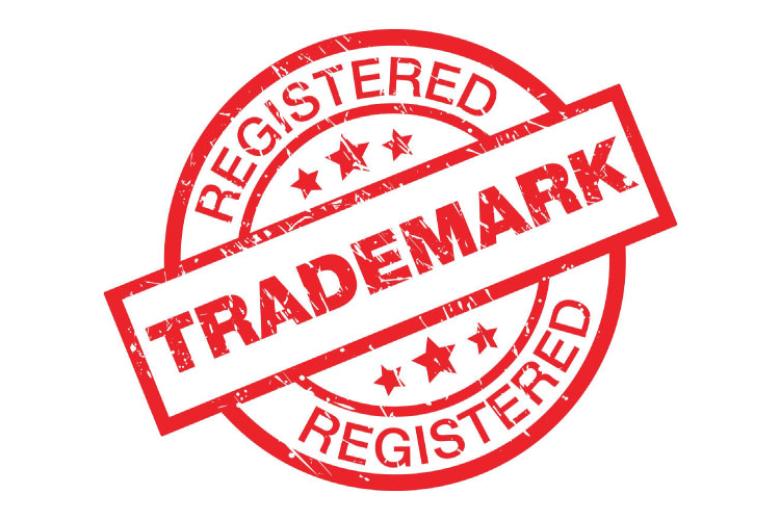Legal reforms for economic development in Africa: how effective?
This PhD thesis by Ify Ogo evaluates the effectiveness of the public finance legislations in Nigeria and Rwanda, through the observation and analysis of the effect of law on the behaviour of public institutions between 2005 and 2015, and the impact on public debt portfolios, which continue to increase.
A comparative investigation of legal reforms to improve public debt management in Nigeria and Rwanda
The ‘Rule of Law’ and ‘Good Institutions’ are considered necessary preconditions for economic development, and International Finance Institutions have promoted models of legal and institutional reforms which are often adopted by governments across the world.
High levels of borrowing by African governments in the 1970s led to the debt crises of the 1980s and 1990s. From the 1990s, a concerted campaign for debt relief by scholars and activists, alongside a push for global development by international institutions, led to the availability of debt relief for debtor countries.
Debt relief was predicated on the implementation of reforms which led to adoption of good policies and good institutions in borrower countries. The Governments of Nigeria and Rwanda implemented economic, legal and institutional reforms to obtain debt relief in 2005. These reforms incorporated the enactment of public finance legislations to regulate government borrowing practices and manage public debt portfolios.
This PhD thesis by Ify Ogo evaluates the effectiveness of these legislations through the observation and analysis of the effect of law on the behaviour of public institutions between 2005 and 2015, and the impact on public debt portfolios, which continue to increase. In addition, the thesis considers the extent to which public finance legislations have led governments to use borrowings for developmental purposes. Thereafter, recommendations are posited towards enhancing the instrumentalism of law as a tool for economic development.
The dissertation will take place on January 24th 2018
| More blogs on Law Blogs Maastricht |
-
Protection of reputable marks beyond confusion: does “due cause” help to strike a balance between trade mark proprietors and content creators?
Content creators, exercising their freedom of expression, may use trade marks in their content in a way that might damage the interests of trade mark proprietors (e.g. use of Nike shoes in a porn movie). How does EU trade mark law address these different interests?

-
Computer-Implemented Inventions: has the term “invention” in the EPC lost its meaning?
The European Patent Convention defines subject-matter that is not eligible for patent protection, such as methods for doing business. However, when implemented by a computer, non-eligible subject matter becomes eligible for patent protection. Is this desirable?

-
The fluke of international law that led to an accidental condominium
Only a short drive from Maastricht, border stones still mark the borders of Neutral Moresnet, a small condominium that was the result of a very peculiar round of border negotiations and for over a hundred years was a tax haven, a gambling paradise and a would-be Esperanto state.
